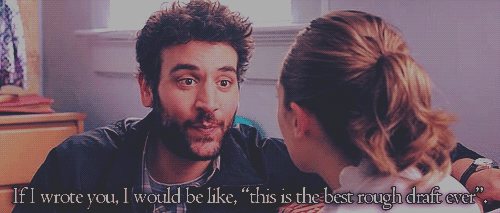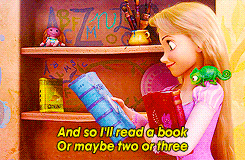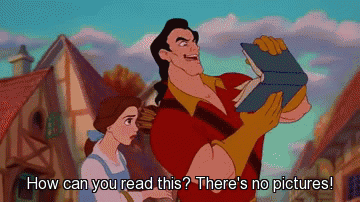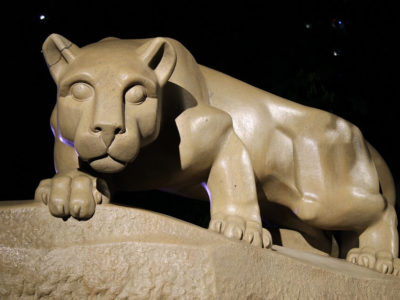Nowadays, studying journalism just isn’t enough; it limits writing to traditional print outlets and doesn’t account for new online media platforms currently arising out of technological booms. FSU’s editing, writing, and media major attempts to mold to these new technological changes, claiming that online texts today are inherently different from the print books, magazines and newspapers we once knew. Learning how to write for these new media spaces is necessary for success in today’s technological world, and will inevitably save journalism from ultimately fading away.
What You’ll Be Doing

The EWM major at FSU encompasses not only journalism and English, but also communication. In addition, only three classes are mandatory, and these classes teach the history of language itself as well as theoretical philosophies on language, old and new. For the remainder of the major, classes are hand-picked by the student—four English electives and four advanced English requirements. The electives focus on strengthening the student’s knowledge of literature or writing and workshopping certain styles of writing, such as fiction, creative nonfiction or poetry, and literature courses. The advanced requirements cover writing for different media platforms, composing portfolios and exploring how texts manifest themselves as rhetoric in today’s world. Overall, students in this major consistently write and edit–strengthening those skills over diverse media outlets and dabbling in the philosophical theories of language.
Upsides

1. “What’s great about EWM is the variety of writing you can do. You get to choose your electives, so you can cater them to your specific interests. I wrote everything from my own personal narrative essays, to research papers, to papers on literature. I wrote a paper on Hemingway and his life as a journalist, which to other people may sound boring, but to me, it was one of the coolest things I did—and even cooler that I got to choose to do it.” – Chelsea Savannah, English Teacher
2. “Ultimately, the EWM Major gave me a deeper understanding of what a text is, the role that visual rhetoric plays in our past and present, and gave me necessary writing and editing techniques for my real world job.” – Maria Del Mar Losada, Junior Manager at LeadGenius
3. “In a time where technology develops and improves with every passing second, it’s important for us to understand the development process and how to adapt to it. The EWM Major provides great historical insight into this process, and taught me how to adapt to the ever-changing world I live in today.” – Oscar Lemus, Copyeditor at Shore Excursions Group
Downsides

1. “I wish there was less emphasis on theoretical education, and more on practical education. Instead of having students read countless academic articles on Foucault, perhaps more exposure to real world situations one would encounter in the workplace would better equip students for college. I also felt like the major could have been more focused—for instance, I felt like I learned very little about a lot of things, but not a lot about one thing.” – Maria Del Mar Losada, Junior Manager at LeadGenius
2. “Some of the content in my classes was a bit dry at times. If I were to make any suggestions for change, I would say they should include classes that focus on social media.” – Haleigh Anne, Communications Specialist at Tallahassee Community College
3. “I would say the biggest thing I didn’t like was how often they relied on student teachers. I feel like I lost out on mastering a really unique curriculum because the Masters or PhD student who was teaching the class just wasn’t qualified.” – Chelsea Savannah, English Teacher
Career Opportunities

1. Journalist
The EWM major teaches students to write for diverse web spaces, newspapers and magazines, both online and in print. Though traditional journalism may have decreased in popularity, the rise of a technological landscape has allowed for a growth in online blogging, reporting and writing.
2. Public Relations Representative
Learning to write for different spaces involves exploring nature’s power to positively or negatively affect an audience. PR demands strong writing skills and a knack for crafting words to create a certain image. In the rhetoric class required by the major, students learn how to build credibility and appeal to the emotional and logical receptors of an audience, a necessary skill in the public relations field.
3. Teacher
As a teacher with a specialty in “new-world journalism,” your high school curriculum will be injected with writing for a media-infused world rather than your typical English literature class. However, if you have an undying love for English literature, many students decide they’d like to teach that, too. Whatever the case, EWM’s curriculum supports a love of language and stories.
4. Social Media Marketer
This is another space for EWM majors to utilize words creatively for different audiences. More and more businesses have adopted a social media marketing strategy due to growing online prevalence. EWM emphasizes catchy titles, active voice and understanding your audience.
5. Copyeditor
EWM majors learn to line edit and content edit their own works and their peers’ works, a tool utilized in copyediting positions for newspapers, magazines, journals and businesses. There’s even a class specifically designed to strengthen these skills called “Editing Documents, Manuscripts and Reports,” where students edit nearly 10 papers and write one of their own in one semester. The extra practice and opportunity to learn about the publishing world is valuable for any future copyediting position.



















